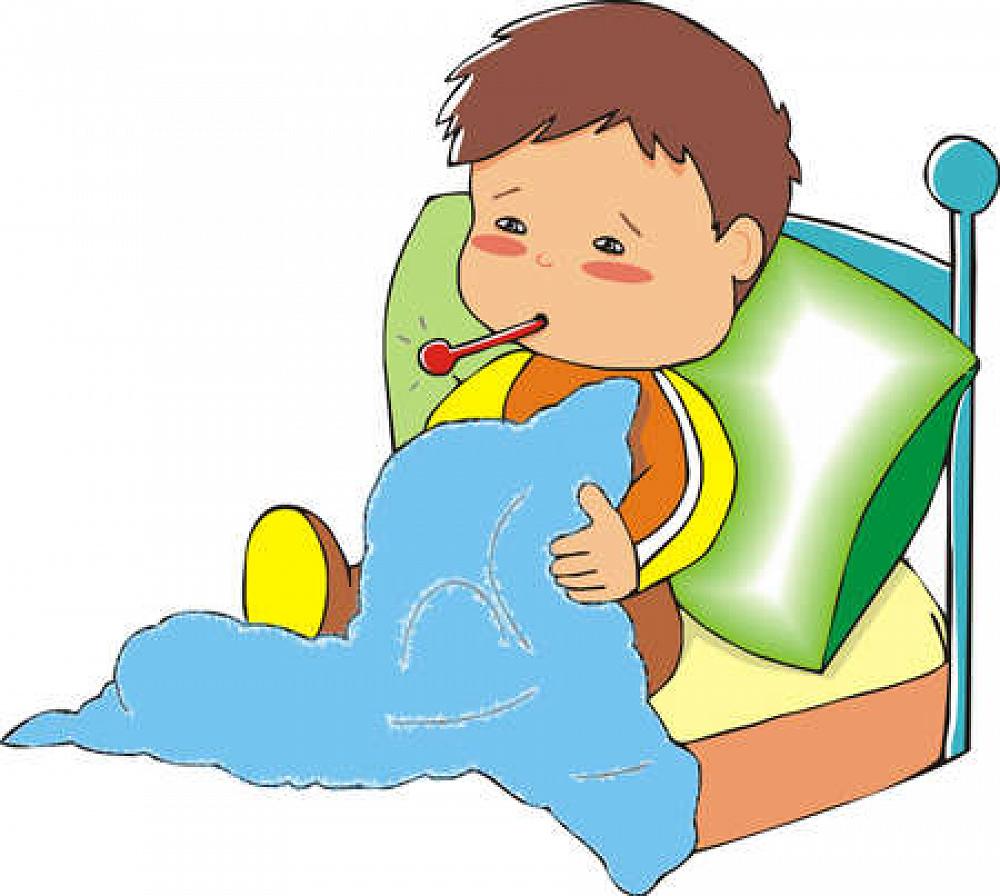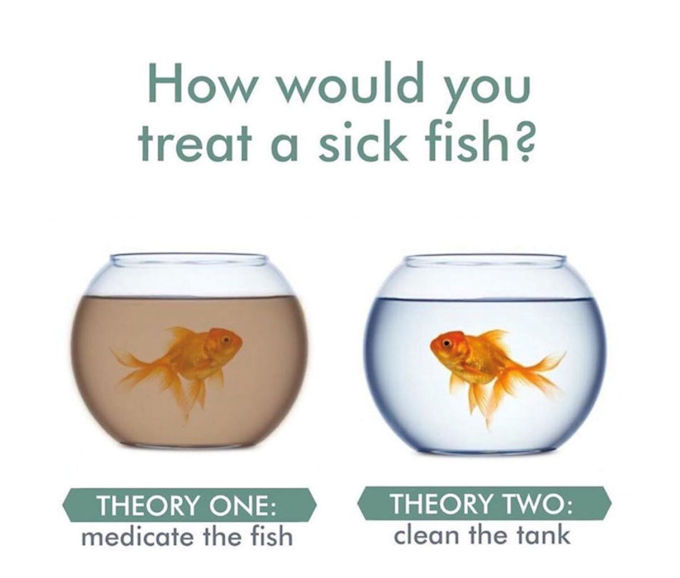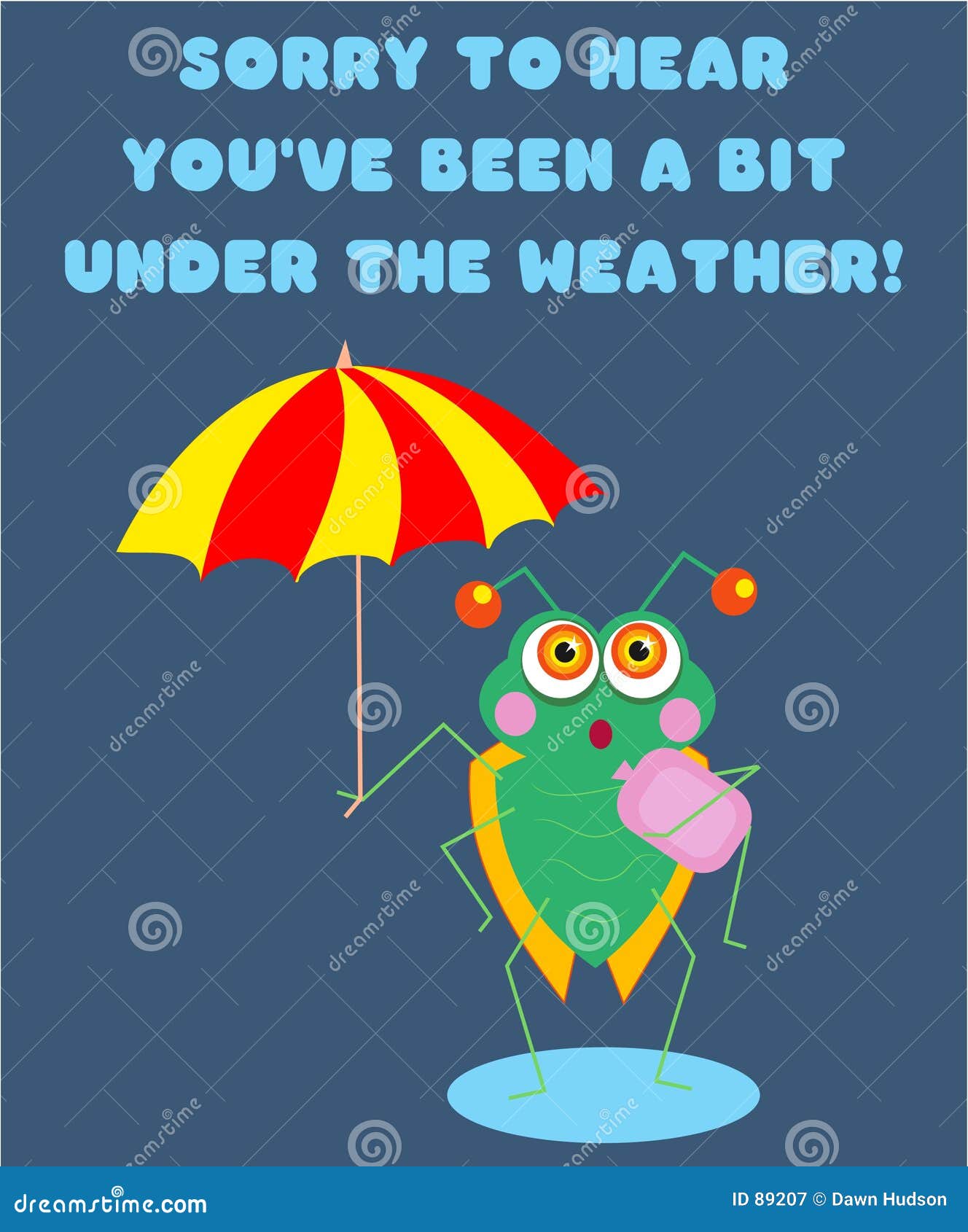First Class Tips About How To Treat Sickness Bug

Treatment what is a stomach bug?
How to treat sickness bug. After you stop throwing up, don't try to eat or drink anything for 15 to 20. Speak to a pharmacist if: Drink plenty of liquid every day, taking small, frequent sips.
But fear not, there are ways to lower your risk of. How to treat the illness nhs guidance says you should treat a cold with: The best way to keep your child well hydrated is.
You might find that you. Illnesses and conditions infections and poisoning norovirus norovirus causes diarrhoea and vomiting and is one of the most common stomach bugs in the uk. Diarrhea stomach or intestinal cramps nausea and vomiting fever weight loss joint aches muscle aches thirst headache general malaise people typically develop.
What are the causes of diarrhoea? 1) let your stomach rest. Avoid close contact with anyone who has the virus, if possible.
Norovirus is one of the main causes of gastroenteritis. If you've been vomiting, the first step is to let your stomach rest. Rest and sleep keep warm drink plenty of water (fruit juice or squash mixed with water is.
A pharmacist can help with diarrhoea and vomiting. Find out how to treat diarrhoea and vomiting in children. You can treat stomach bugs at home by making sure your child keeps drinking fluids and gets plenty of rest.
Symptoms tend to come on suddenly, with the most common being:. Here’s how it’s diagnosed and treated. You should start to feel better in a day or two.
There are many possible causes for diarrhoea and sickness, although sometimes the reason may not be known. A simple way to prevent norovirus is to wash your hands in clean, running water. Signs and symptoms of norovirus infection may start suddenly and include:
You can usually treat yourself or your child at home. Symptoms of dengue fever. Even small amounts of food will help your intestinal lining heal and provide the energy to regain your.
Read about how to treat diarrhoea and. Many times, they even describe an aching behind their eyes. You or your child (over 5 years) have signs of dehydration, such as dark, smelly pee or peeing less.
















:max_bytes(150000):strip_icc()/what-is-the-24-hour-flu-770474_color1-5b95dbc34cedfd00256c4e66.png)
